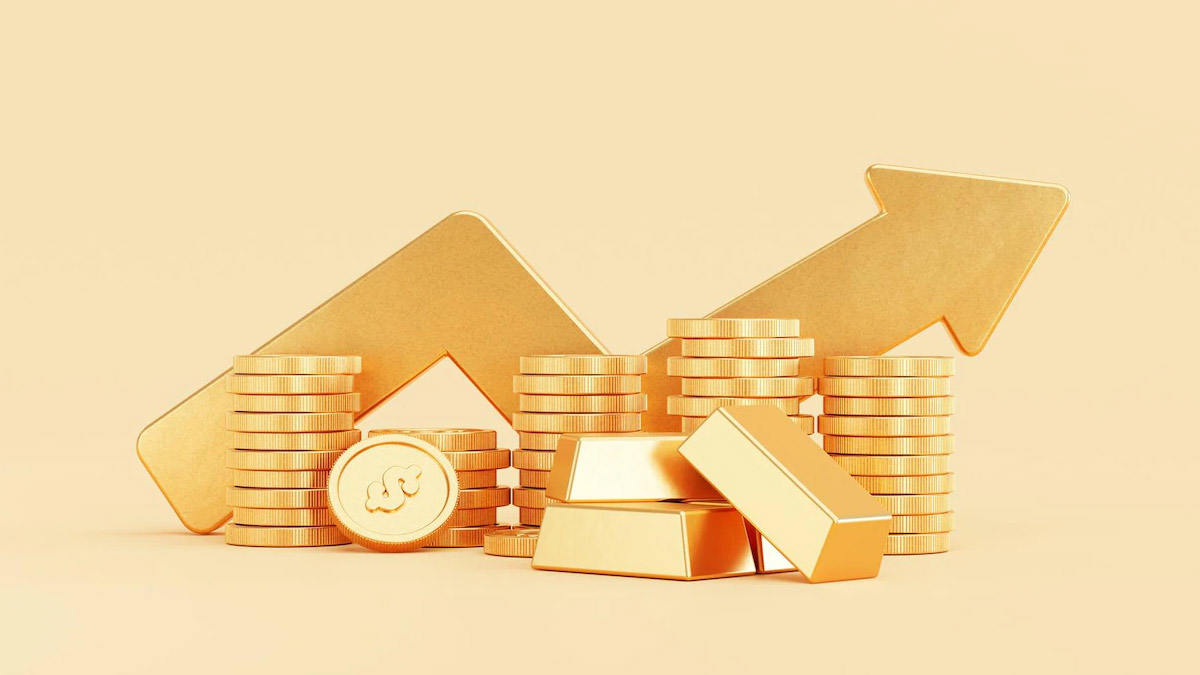
According to the Financial Times, “Inflation remains at — or close to — its highest in decades in many countries, with Russia’s invasion of Ukraine pushing up energy and food prices, and squeezing household’s real incomes.”
The fact that inflation is plaguing the world is no secret — economies are panicking as prices keep shooting higher and higher with no respite. There is nothing that we as retail consumers and investors can do about that. We must rely on greater forces and trust them to find a solution at the earliest.
What we can do is make sure our investment portfolios are properly equipped to deal with the rising inflation.

Inflation, by definition, refers to a sustained rise in the average price level. Very simply put, things become more and more expensive. The value of money falls.
Inflation also affects your investments. If you subtract the current rate of inflation from your investment returns, you will get the real rate of return.
For example, if the inflation is at 8% and the stated rate of return on your investment is 10%, the real rate of return that you will get is 2% (10-8).
Stated rate of return — Inflation = Real rate of return
When it comes to investments during inflation, fixed-income instruments suffer the most. There is an inverse relationship between inflation and interest. The higher the rate of inflation, the lower will be your real return.
In such cases, equity investments fare much better for the simple reason that the returns are variable. However, there are other factors that come into play here.
Inflation affects the cost of raw materials, along with the finished products. Just like we grow at the grocery bill and wonder why food is getting so expensive, so too do the companies. This frustration is for good reason, for higher costs put more pressure on the company’s operating money. Profits fall and share prices drop as a result.
Whenever inflation increases in an economy, the central bank tends to raise interest rates. This means the cost of credit increases. Companies have to pay more interest for the same amount of credit, and this too puts pressure on the operating margin.
Consumers feel the brunt of inflation. Everything is more expensive. It wreaks havoc on our budget and cuts into our savings. It is only natural that we have less to spend. Therefore we buy less. Just like it enrages the consumer inside us, it takes away potential sales that can cushion a company’s bottom line.
Many companies (Companies In India That Offer Paid Menstrual Leaves) succumb to these factors and their share prices tend to fall during inflation. The trick is to stay invested in solid companies that have the potential to weather such forces.

If your portfolio is not protected adequately, then high inflation will have a negative impact on it. This is the ugly truth. There is no way around it. The ripple effects of the volatility in the stock market reach all of us to some extent. How you react depends on what kind of investor you are.
Most of us fall into this category. We buy quality stocks for the long term. The intention of this investment style is to choose fundamentally strong companies which have high growth potential. These companies may fluctuate a little bit during times of trouble, but will ultimately persevere through dangerous waters.
In other words, our portfolios might be slightly down now, but they will recover soon. In fact, down moves are good opportunities to buy quality stocks for cheap.
So, if you are in this category, make sure you are investing in quality companies.
EXPERT TIP: Don’t bother going into the nitty-gritties of fundamental analysis yourself; it’s quite a time-consuming process. A much easier option is to choose a blue-chip fund or a flexi-cap fund from a mutual fund house.
You’ll get the same benefits with a fraction of the tension.
Don't miss:Priyanka Chopra’s Miss World Win Was ‘Rigged’, Claims Ex-Miss Barbados After 22 Years
Short-term trading is done with the intention of making profits from market volatility. Such traders have an understanding of the price movements and can take positions in stock options and even index derivatives to take advantage. This involves futures and options trading.
For such traders, inflation simply adds to the existing forces in the market. They can use it to their favour through derivative trading.
Don't miss:Ahimsa Silk: Here’s Everything You Need To Know About This Cruelty-Free Yarn
Institutional investors include high-net-worth investors and companies. Their portfolios are huge and these investors have proper risk management strategies in place to deal with inflation.
Do share your thoughts with us on our Facebook page. For more such stories, stay tuned to HerZindagi.
Our aim is to provide accurate, safe and expert verified information through our articles and social media handles. The remedies, advice and tips mentioned here are for general information only. Please consult your expert before trying any kind of health, beauty, life hacks or astrology related tips. For any feedback or complaint, contact us at [email protected].